"Searches for New Physics via Signatures with Hadronic Jets and Rare B Meson Decays at the Large Hadron Collider and the Investigation of Communication Failure of the CMS HCAL Versatile Transceivers"Xuli Yan , Brown University [Host: Cristina Mantilla]
ABSTRACT:
The discovery of the Higgs boson by the CMS and ATLAS experiments at the Large Hadron Collider (LHC) in 2012 brought us the last missing piece of the Standard Model (SM) of particle physics and marked a milestone in subatomic research. Nevertheless, there are several critical questions unanswered by the SM, notably lacking explanations for the nonzero neutrino masses, the issue of dark matter, and the hierarchy problem. These shortcomings have motivated a comprehensive program of searches for beyond-the-SM (BSM) physics at high-energy colliders. This presentation presents two searches for new heavy resonances through signatures with hadronic jets using the full Run 2 datasets collected by the CMS. The first search targets resonances that decay into a photon and a hadronic W boson, while the second focuses on the novel signature of the three-jet final state. Both searches are oriented to BSM scenarios in which the new resonances have diminished direct couplings to SM quarks and gluons. Yet, they are still constructed to be sensitive to a broad spectrum of BSM theories. The signal-to-background separation is enhanced by exploiting various jet identification and QCD techniques, and the most stringent or even the first constraints for various BSM processes are obtained. Meanwhile, the current measurement of the lepton flavor universality in b->sll transitions with the CMS Run 3 datasets is also introduced briefly. Noval trigger strategies targeting electrons with a transverse momentum as low as 4 GeV were developed and deployed in the 2022 and 2023 data taking, significantly suppressing the expected statistical uncertainty of the measurement. Advanced machine-learning techniques are also being investigated to achieve an unprecedented level of sensitivity. Furthermore, the investigation of the communication failure of the CMS Hadron Calorimeter endcap in 2018 is reviewed. This investigation revealed manufacturing weaknesses in the Versatile Transceiver (VTRx) that pose potential risks to several LHC projects. It also spearheaded the development of preventative measures that have been adopted by LHC experiments, ensuring smooth and efficient data taking in LHC Run 3. |
High Energy Physics Seminar Thursday, April 4, 2024 3:00 PM Zoom, Room linked below Note special date. Note special time. Note special room. Zoom: https://cern.zoom.us/j/63701097244?pwd=bklDSUR0QUZkWWNrUldzVGpJVmF1QT09 |
To add a speaker, send an email to phys-speakers@Virginia.EDU. Please include the seminar type (e.g. High Energy Physics Seminars), date, name of the speaker, title of talk, and an abstract (if available).
 Physics at Virginia
Physics at Virginia